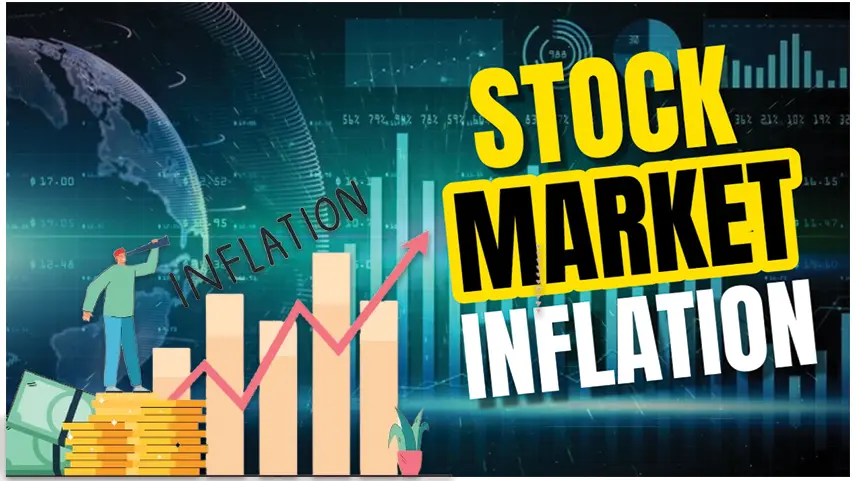Stock Market Inflation
Stock market inflation refers to the phenomenon where the value of stocks, as represented by stock market indices, rises faster than the underlying companies' earnings and growth prospects. This can occur for a variety of reasons, including changes in investor sentiment, changes in interest rates, or changes in the supply and demand of stocks.
One of the main drivers of stock market inflation is excess liquidity in the market. When interest rates are low and there is ample money supply, investors have more money to invest in the stock market, which can drive up demand for stocks and increase their prices.
Another factor that can contribute to stock market inflation is investor sentiment. If investors are optimistic about the economy and the prospects for corporate earnings, they may be willing to pay higher prices for stocks, even if the underlying earnings growth does not justify such high valuations.
Finally, changes in the supply and demand for stocks can also contribute to stock market inflation. If there are more buyers than sellers in the market, prices will rise, even if the underlying earnings growth does not justify the increase.

Stock market inflation is not the same as overall inflation in the economy. Inflation refers to a general increase in prices across the economy, while stock market inflation refers specifically to the increase in stock prices. While stock market inflation can be a sign of a healthy economy, it can also lead to a stock market bubble, where prices become disconnected from the underlying fundamentals of the economy and companies.
Inflation Impact on the Stock market
Inflation can have both positive and negative impacts on the stock market, depending on the level and nature of inflation. When inflation is moderate and under control, it can actually be beneficial for the stock market. This is because moderate inflation is often accompanied by a growing economy, which leads to increased corporate profits and higher stock prices. In addition, companies may be able to increase their prices to offset the impact of inflation, which can boost their earnings and stock prices.
However, high levels of inflation can be detrimental to the stock market. This is because high inflation can lead to higher interest rates, which can increase borrowing costs for companies and reduce their profits. In addition, high inflation can reduce the purchasing power of consumers, which can lead to lower demand for goods and services and lower profits for companies. This can ultimately result in lower stock prices.
Furthermore, inflation can also create uncertainty in the market, as investors may become more cautious and risk-averse. This can lead to volatility in the stock market, with prices fluctuating more frequently and rapidly.
Overall, the impact of inflation on the stock market depends on the level and nature of inflation, as well as other economic and market factors. Investors need to carefully monitor inflation levels and their impact on the economy and corporate profits in order to make informed investment decisions.

0 comments